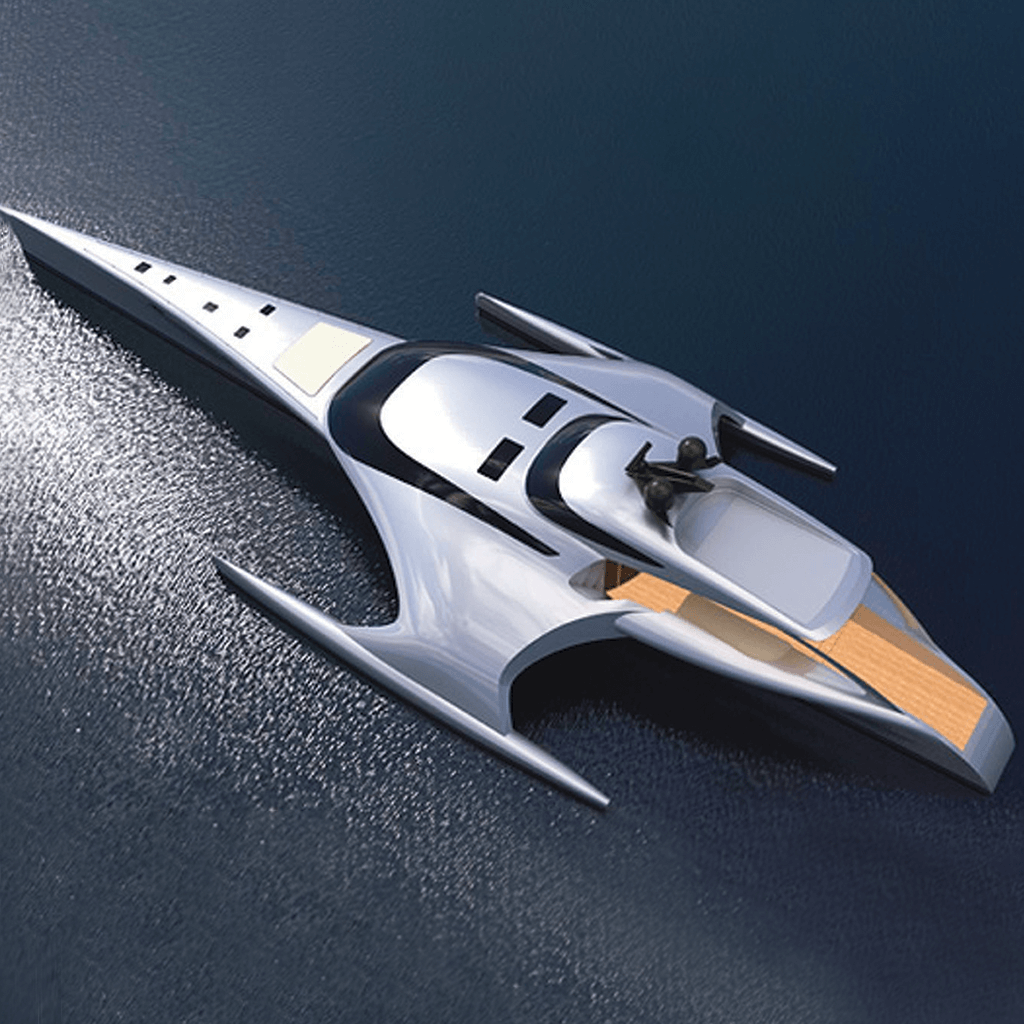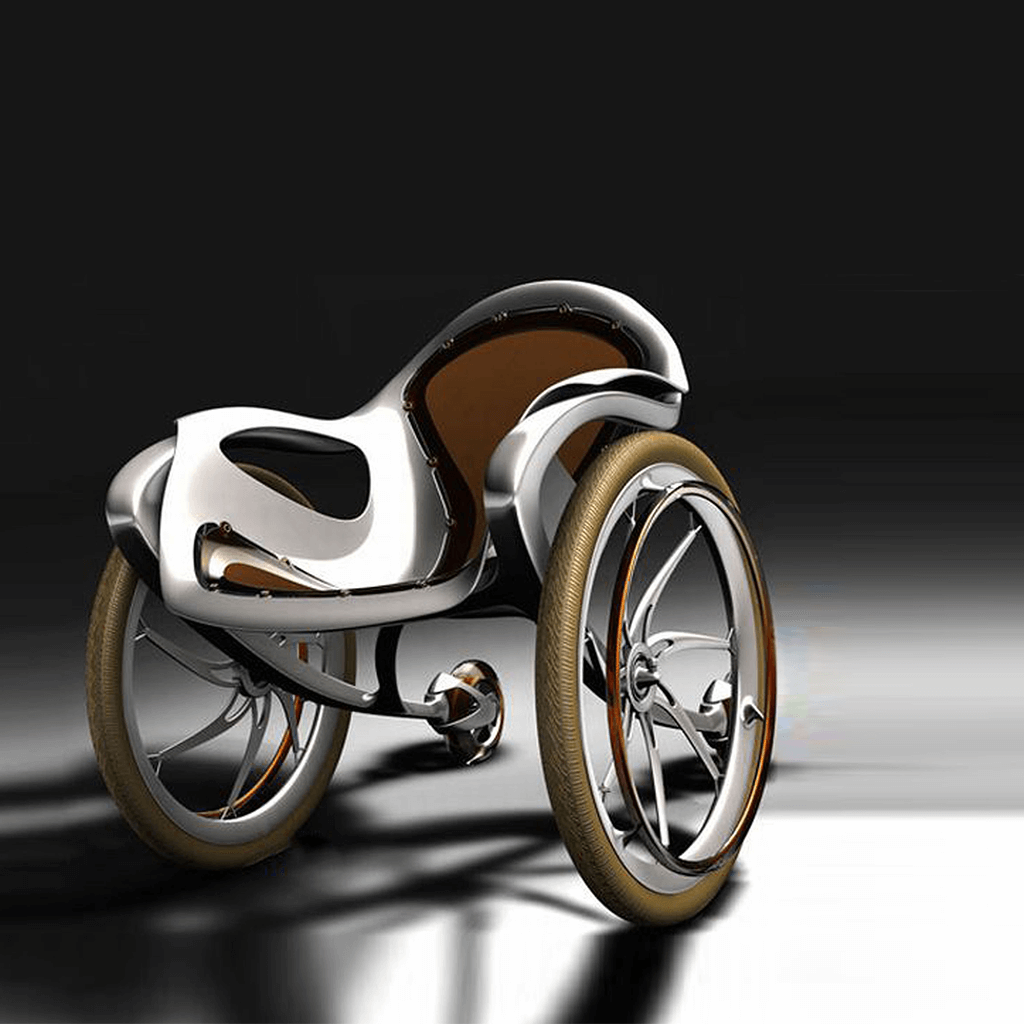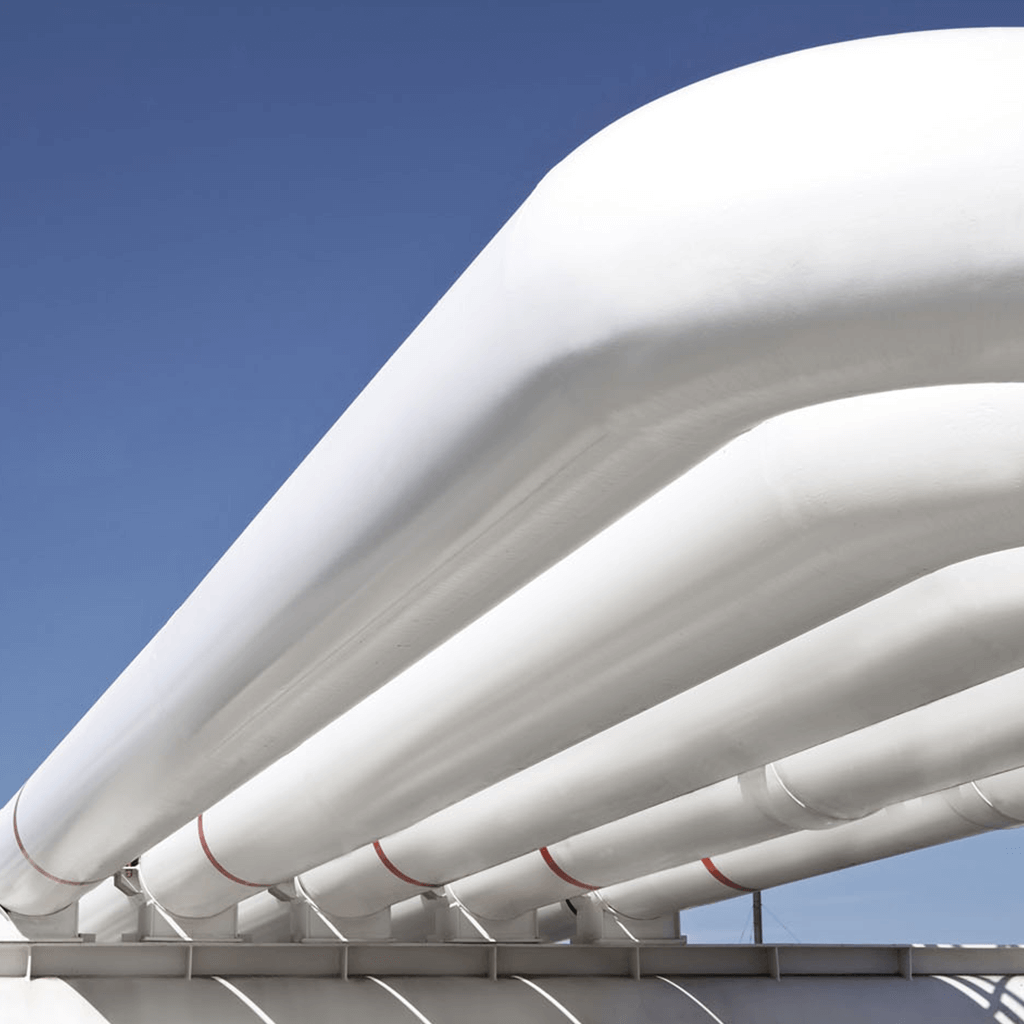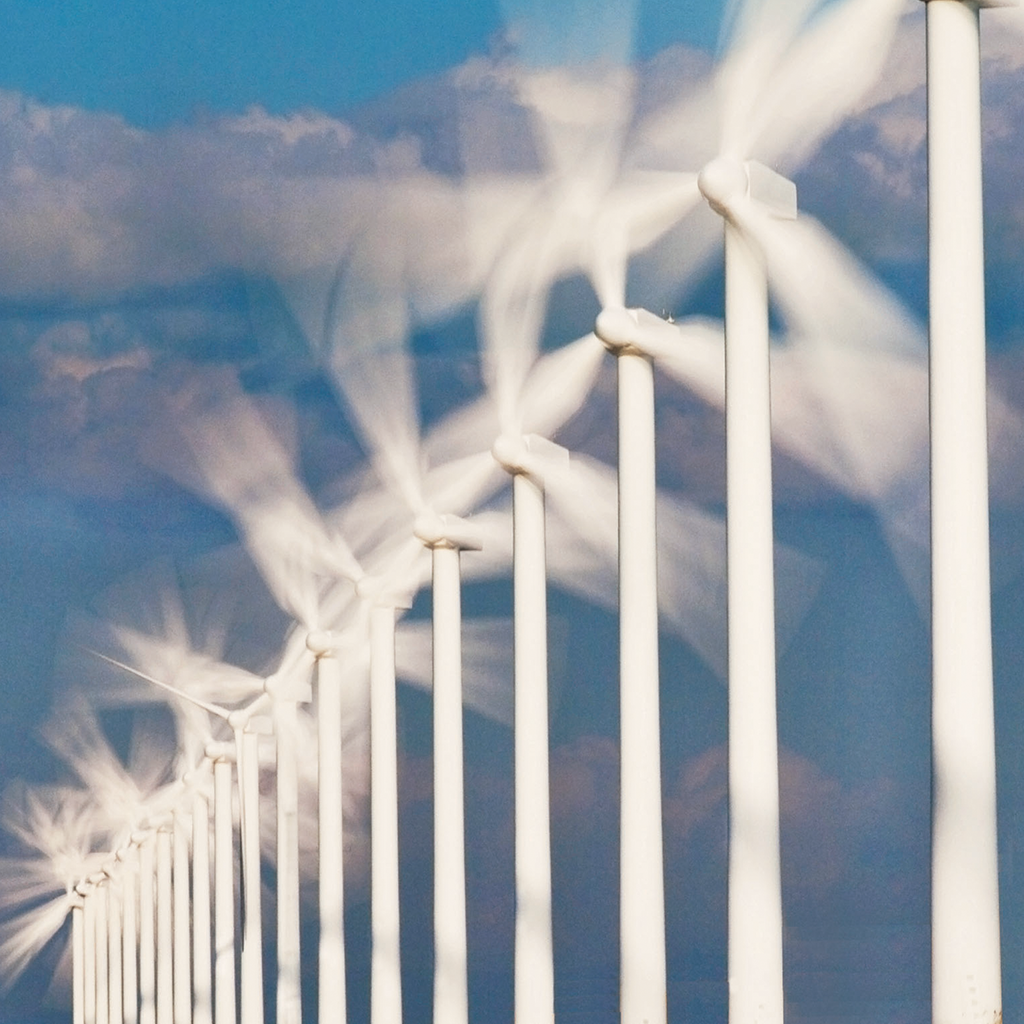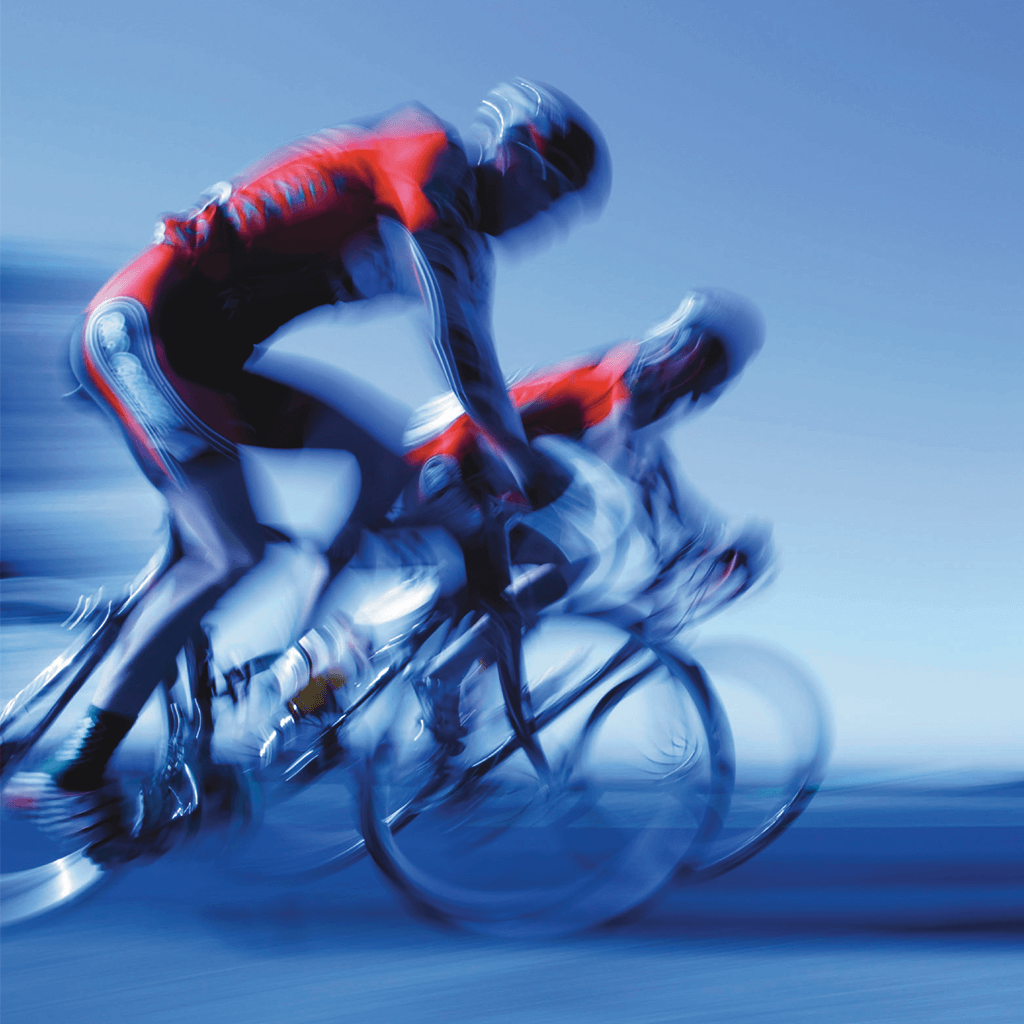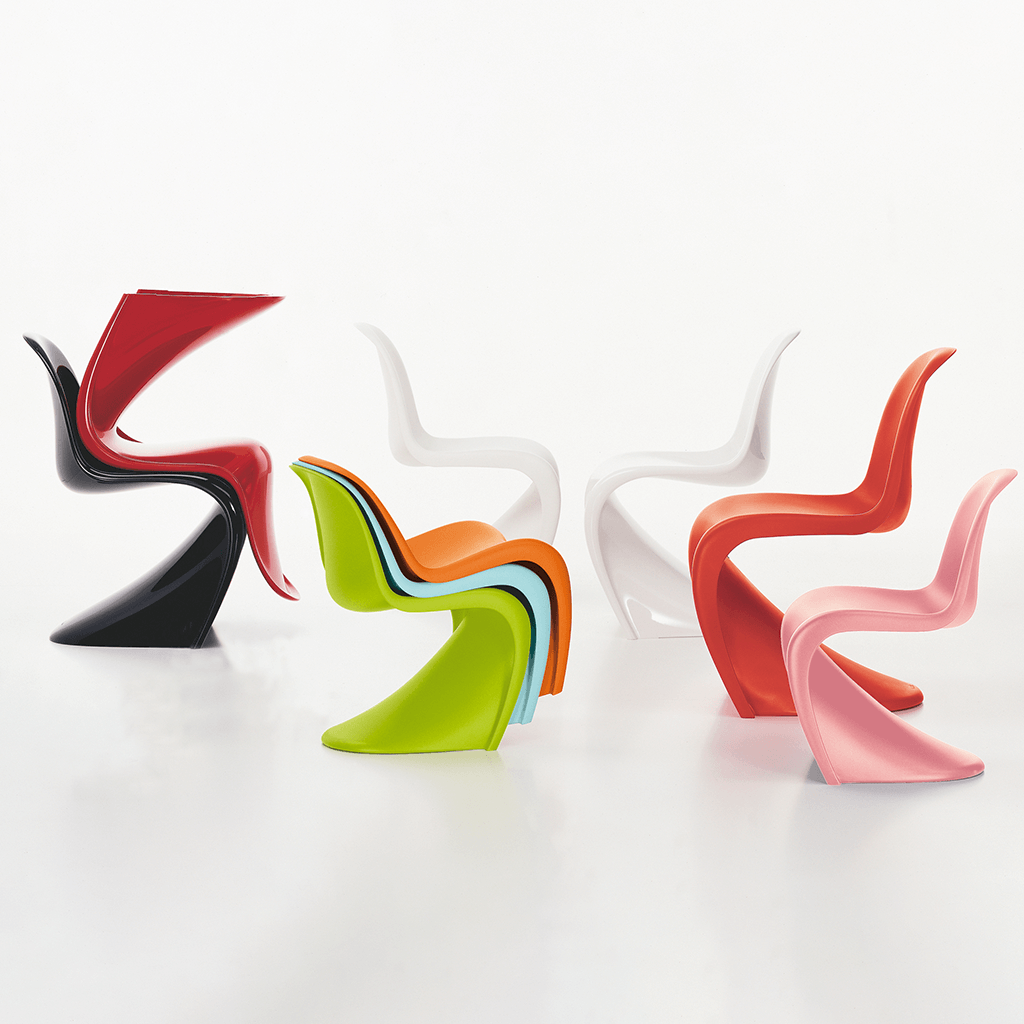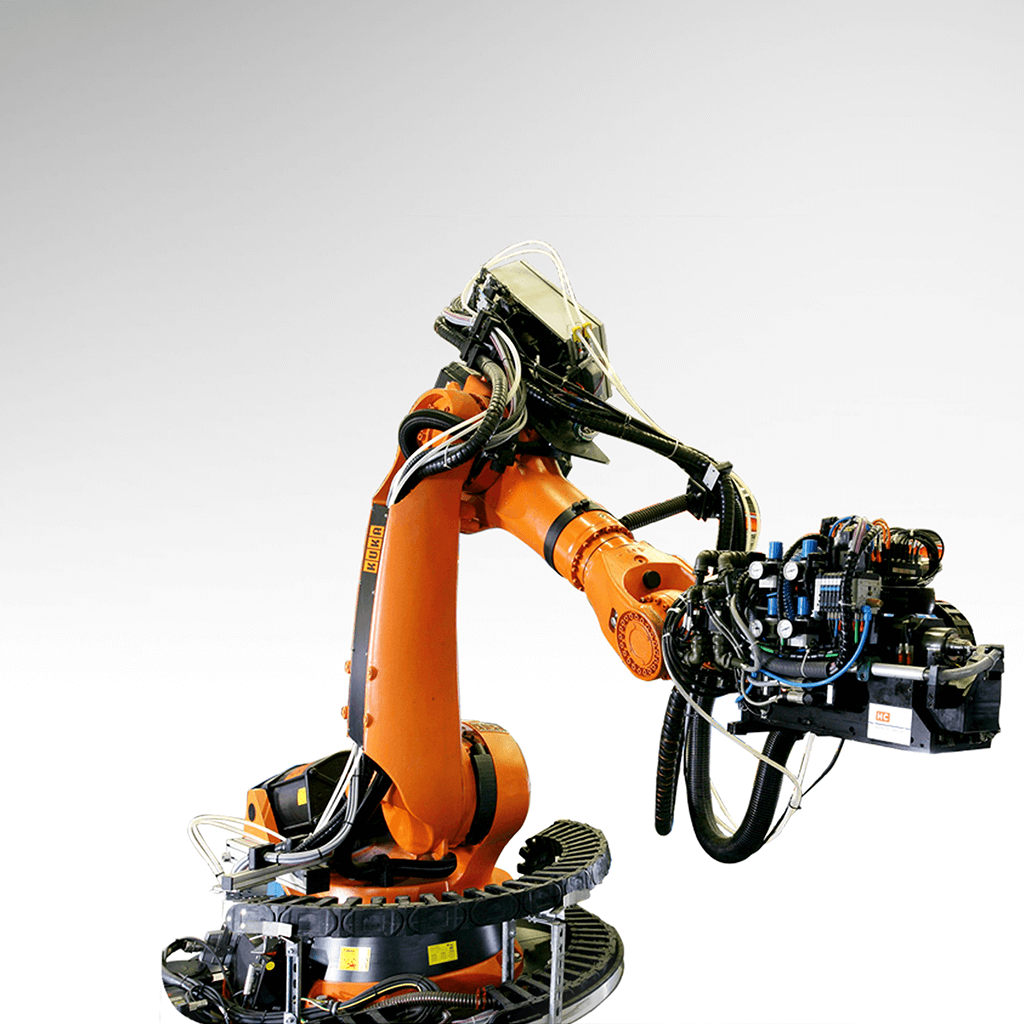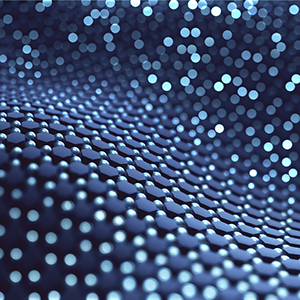REIN4CED and Dieffenbacher announce strategic partnership to accelerate large scale series production of thermoplastic carbon bicycle frames
Empowering the future of composite manufacturing: A Synergistic Alliance for mass production of cutting-edge thermoplastic carbon composite products.

The dynamic collaboration between REIN4CED and Dieffenbacher tightens the integration of product and machine development, propelling the large-scale production of cutting-edge thermoplastic carbon bicycle frames. Top-class expertise in product development and production automation synergizes seamlessly, facilitating the upscale of robust and agile thermoplastic composite frame production and achieving market demands. Thermoplastic composites boast the ability to be efficiently and effectively reused, repurposed, or recycled. REIN4CED’s visionary approach aims to elevate the sustainability and manufacturing efficiency of thermoplastic composite bicycle frames.
By seamlessly integrating know-how and technologies, Dieffenbacher and REIN4CED not only envision a future of sustainable bicycle frames but actively pioneer a transformative shift towards environmentally conscious composite manufacturing practices.
Durable and sustainable carbon bicycle frames
Cyclists all over the world dream of high-quality, low weight bicycles with a high performance. Carbon material ticks most boxes on their wish lists, except that carbon frames show brittle fractures and are vulnerable to direct impact. Furthermore, while cycling is amongst the most environmental modes of transport, the carbon composite materials currently on the market are not sustainable, these are based on non-recyclable thermoset resins, manufactured in Asia, and require long logistic chains to the main markets in Europe and US.
Enter REIN4CED, poised to revolutionize the industry by introducing thermoplastic composites that offer a more sustainable alternative. In stark contrast to their thermoset counterparts, thermoplastic composites boast the ability to be efficiently and effectively reused, repurposed, or recycled.
To address the weak impact resistance of carbon, REIN4CED has introduced a hybrid material – called Feather – that prevents unexpected breaking after an impact. By reinforcing carbon frames with thin steel fibers, the patented Feather frames exhibit metal-like structural behavior. After impact the robust yet lightweight frames remain intact and show a visible dent, making an abrupt break unlikely.

Pioneering serial production of thermoplastic composite frames
In addition to an enhanced composite material, REIN4CED also innovated the production method. The production using thermoplastic composite UD tapes offers opportunities for process automation. REIN4CED and Dieffenbacher started a collaboration to design and build a thermoplastic production line in Belgium.
Dieffenbacher from Eppingen, Germany, is a leading manufacturer of press systems and complete production plants for the composites industry. The company has extensive expertise in the design, customizing and manufacturing of production equipment that could automate the production of the thermoplastic bicycle frames of REIN4CED. The groundbreaking challenge resulted in the world’s first serial production lines for thermoplastic bicycle frames based on Dieffenbacher’s Tailored Blank Line consisting of tapelaying system Fiberforge and consolidation system Fibercon.

Scale up to mass production near customer assembly plants
Johan Miermans, CEO of REIN4CED: “Our technology and industrialization partnership with Dieffenbacher is intended to further intensify and deepen our existing collaboration. Together we want to bridge the gap from pioneering product design and development, over automated production, to mass production of next-generation frames for leading bicycle manufacturers. Our customers will benefit from the nearshoring of production to their assembly plants and evidently also fast and flexible product deliveries as well as the possibility to offer their end-consumers a durable and sustainable alternative to current carbon bike frames. Afterwards, we will expand on our collaboration towards the mass production of other high performance composite products in sports & leisure as well as industrial, automotive and aero industries.
Christian Dieffenbacher, CEO of Dieffenbacher: ”Long-term, trusting partnerships with our customers are one of our core values and the basis of our entrepreneurial success. Knowing the needs and challenges of our customers is thus essential for us. We consider ourselves a sparring partner for REIN4CED in their efforts to pioneer the market for next-generation bicycle frames. Technology and process leadership drive our ability to help them achieve their business goals. We improve continuously to help customers like REIN4CED seize new market opportunities, master the transition to digitalization and benefit from highly efficient system solutions for the sustainable production of composite components such as thermoplastic carbon bicycle frames.”
An automated Tailored Blank Line and thermoforming line: pioneering in the industry
The world’s first automated Tailored Blank Line is located at the REIN4CED factory in Leuven, Belgium. This innovative production line has been operational since 2020 and incorporates an automated set-up of the Dieffenbacher Fiberforge and Fibercon systems. The machines automate the laying and consolidation of UD tape respectively to ensure proper fiber orientation and prevent material porosities. The collaborative efforts between REIN4CED and Dieffenbacher have played a crucial role in advancing the capability to manage intricate and complex blanks with substantial thickness variations.
The finished blanks then go to the thermoforming line. This line contains a (pre)heating oven and a Dieffenbacher Fiberpress, which forms the blanks into shell parts. All parts are assembled and fused to form a monocoque bicycle frame. Excess material from the press-formed shells is removed and shredded, ready for reusing and recycling.
Intensifying and streamlining Dieffenbacher collaboration
Michaël Callens, CTO of REIN4CED: “Looking ahead, REIN4CED envisions a deepened collaboration with Dieffenbacher, moving beyond the current partnership to a more systematic and profound level: this involves a reciprocal exchange of expertise with Dieffenbacher providing serial production feedback on anticipated new REIN4CED features and technologies. Simultaneously, REIN4CED will evaluate new developments from Dieffenbacher, fostering a symbiotic relationship that extends to shared technology roadmaps and collaborative testing in research facilities. Central to this collaboration is the shared vision of making thermoplastic manufacturing the go-to method for producing carbon bike frames in the future. This strategic alignment aims to accelerate and enhance process efficiency, robustness, and flexibility, marking a significant step towards the realization of this vision.”
Georg Obermaier, Head of the Forming Business Unit at Dieffenbacher: ”Testing new solutions in production-related applications is essential for a successful market launch. We very much appreciate the opportunity to receive direct feedback from REIN4CED on our developments and to gain more insight into how the technology is used and where there is still potential for development. This helps us a lot to incorporate trends that we see with our customers into future technology developments. The ongoing bicycle frame project is an ideal example of a win-win cooperation between customer and supplier, which not only benefits REIN4CED and Dieffenbacher, but can also be of great benefit to the industry as a whole.”
Transformative shift in composite manufacturing
In the grand scheme, Dieffenbacher and REIN4CED aim to demonstrate the viability of large-scale thermoplastic manufacturing for bicycles, intending to establish it as a benchmark for broader applications in the sports and leisure sector, as well as in industrial, automotive, and aerospace industries. These advancements hinge on the synergy between REIN4CED’s product development and manufacturing expertise and Dieffenbacher’s established expertise in production automation—a potent combination that has the potential to redefine the landscape.
Notably, the REIN4CED factory in Leuven is poised to evolve into a pilot facility, where diverse composite products undergo various stages towards achieving mass production. This heightened collaboration signifies a rapid acceleration in the utilization of high-volume, high-performance thermoplastic composite products. These products, mass-produced in the REIN4CED factory, are poised to cater to diverse markets worldwide, marking a significant leap forward in the global adoption of advanced composite materials.
About REIN4CED:
REIN4CED is an engineering and manufacturing company offering a unique technology platform to manufacture durable and recyclable high-performance lightweight products based on thermoplastic composites. REIN4CED operates a flexible and semi-automated, state-of-the-art manufacturing plant in Herent, Belgium.
Building on its technology platform, REIN4CED develops, engineers, and manufactures bicycle frames for brands wishing to offer their cyclists maximum performance with enhanced durability and reduce their environmental footprint. Additionally commercial production of carbon fiber bikes in Europe for European assembly introduces significant logistic advantages and increased supply chain flexibility and efficiency.
REIN4CED is scaling its technology platform and aims to expand its technology towards boarder sports applications as well as automotive and aviation industries.


